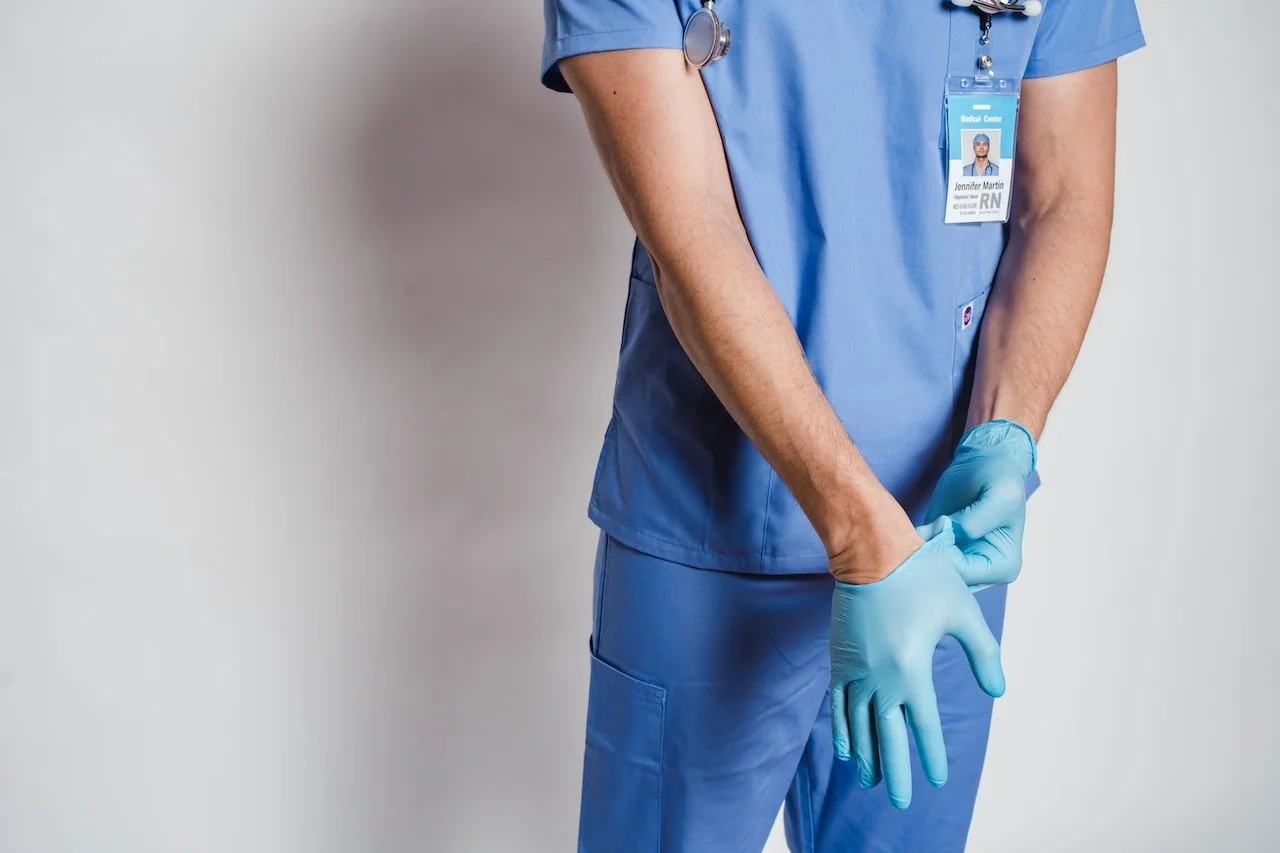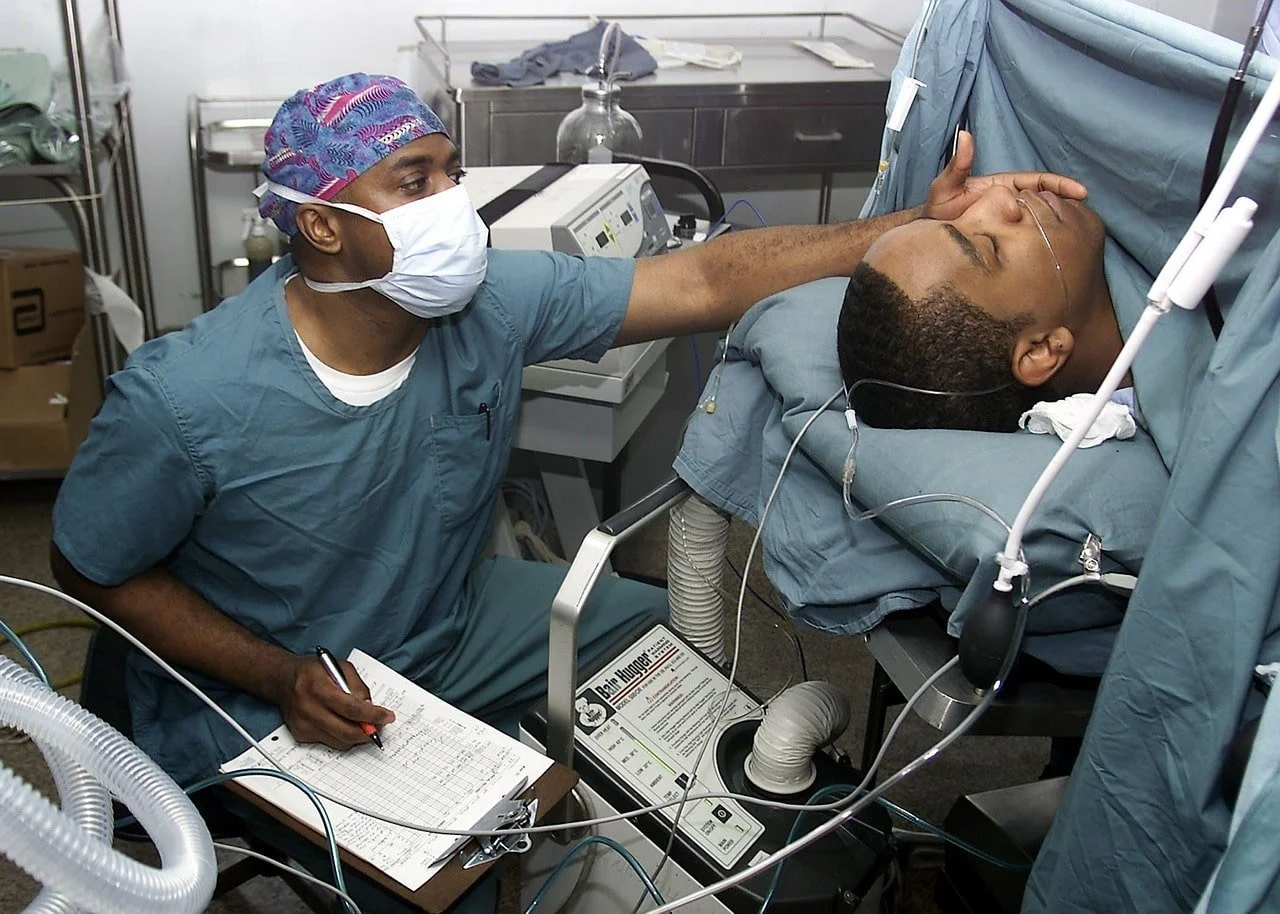Healthcare experience (HCE) differs from patient care experience (PCE) because HCE does not revolve around having responsibility for patients. They may seem similar to one another, but CASPA categorizes them separately. In the “experiences” section of CASPA, you are given 9 options to categorize your experiences, and among these nine options are “patient care experience” and “healthcare experience.” It is your responsibility to appropriately categorize your experiences and accurately input the number of hours. CASPA experience information is based off of the honors system.
CASPA defines the two as follows:
Patient Care Experience: “Experiences in which you are directly responsible for a patient's care. For example, prescribing medication, performing procedures, directing a course of treatment, designing a treatment regimen, actively working on patients as a nurse, paramedic, EMT, CNA, phlebotomist, physical therapist, dental hygienist, etc.”
Healthcare Experience: “Both paid and unpaid work in a health or health-related field where you are not directly responsible for a patient's care, but may still have patient interaction; for example, filling prescriptions, performing clerical work, delivering patient food, cleaning patients and/or their rooms, administering food or medication, taking vitals or other record keeping information, working as a scribe, CNA (depending on job description), medical assistant, etc.”
PA programs look at both your HCE hours and PCE hours when reviewing your application. Many programs require a certain number of PCE hours and are fairly specific about which positions they consider fall under this category. It is important to check the program websites to determine which positions will be counted for PCE hours. Some programs rank positions depending on the level of responsibility for patient care you have. For example, if an applicant has 5,000 hours working as a physical therapist and another applicant has 5,000 hours working as a scribe, the applicant who holds more direct responsibility for the patient’s care will be more favorable. So, your PCE competitiveness does not solely depend on the number of hours, but the weight of your position in regard to making decisions about patient care.
There are endless ways to gain HCE hours. Simple ways to get involved around your community include working a non-clinical job in a healthcare setting, volunteering in a hospital, etc. The summer after my sophomore year in college, when I decided to pursue the PA profession, I chose to become a hospice volunteer. The process was simple and only required a few hours of “training.” I was assigned certain hospice patients to visit. This was outside of my comfort zone, but the experience taught me a lot. During my visits, I chatted with patients, read them books, listened to music with them and kept them company. I recommend this volunteer position as a way to start gaining HCE hours. HCE is valuable because you will gain experience watching providers interact with patients, as well as being in the environment of medical facilities and hospitals.
The most common ways to gain PCE hours seems to be working as a medical assistant, nursing assistant, patient care technician, etc. To work in these positions, most offices and hospitals requires you to be certified or licensed in a specific job, though some employers will train you on the job. Becoming certified in a medical position, such as a certified medical assistant (CMA), can cost hundreds to thousands of dollars and many months of courses, depending on the program you enroll in. This deterred me from positions that had these requirements. I was not able to commit to taking months of weekend/night courses all while being a full-time student, working a part-time job, and being very involved in a sorority. But, there are positions that can be considered PCE but do not require any prior experience. Medical scribe positions often advertise that no experience in necessary to be hired. Scribe hours are sometimes acceptable for PCE, but it depends on the specific program, so check the program website for details about this! PCE is important because it shows programs that you have been around patients, around other healthcare providers, and are familiar with the environment.
Personally, I worked as a “rehabilitation technician” for the company ATI physical therapy. The company didn’t require any prior experience! I helped patients through their physical therapy programs, along with having many other responsibilities around the clinic. I learned a lot about muscles, tendons, disorders, etc. My passion for medicine and helping others has increased over the past two years thanks to this experience. This job also provided me with a solid letter of recommendation for PA school from a physical therapist I worked alongside, who also happened to be a senior regional director.
Aside from providing you with HCE hours and PCE hours, working or volunteering in a medically related setting can contribute to your application in many other ways. Forming professional relationships with co-workers can connect you to PA’s to shadow. Networking is very important because you never know what opportunities are out there for you. This can also lead to excellent letters of recommendation, great anecdotes to expand on in your personal statement, and will give you plenty of valuable experience to talk about during interviews. A lot of pre-PA students get caught up in the number of PCE hours and comparing hours with other applicants—I know I did! Don’t do this. Be confident in the unique patient care experiences you have and use them to shape the narrative of why you are ready to become a PA!














Let’s dive into the specific surgical procedures that PAs can undertake while highlighting their collaborative nature within operating rooms. By shedding light on both the benefits and limitations associated with PAs in surgical settings, we hope to foster a deeper appreciation for their invaluable contribution to modern healthcare.